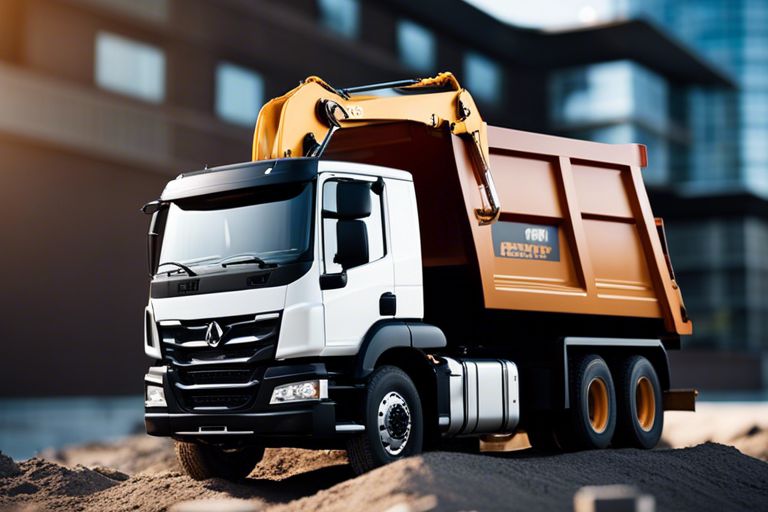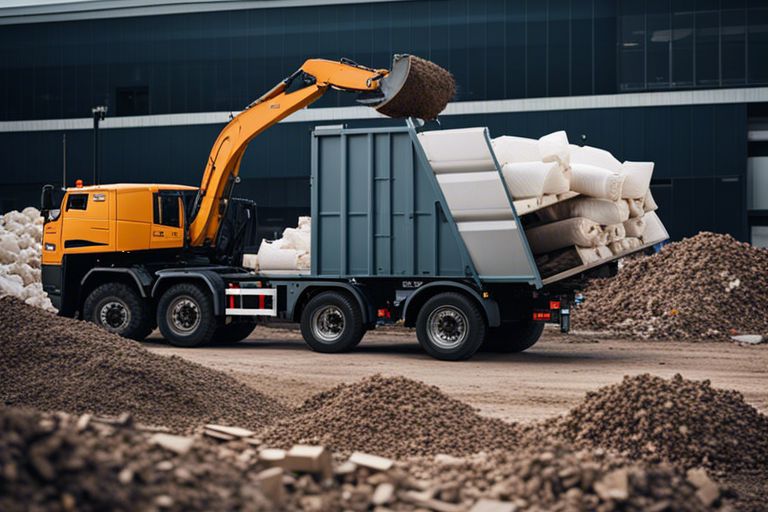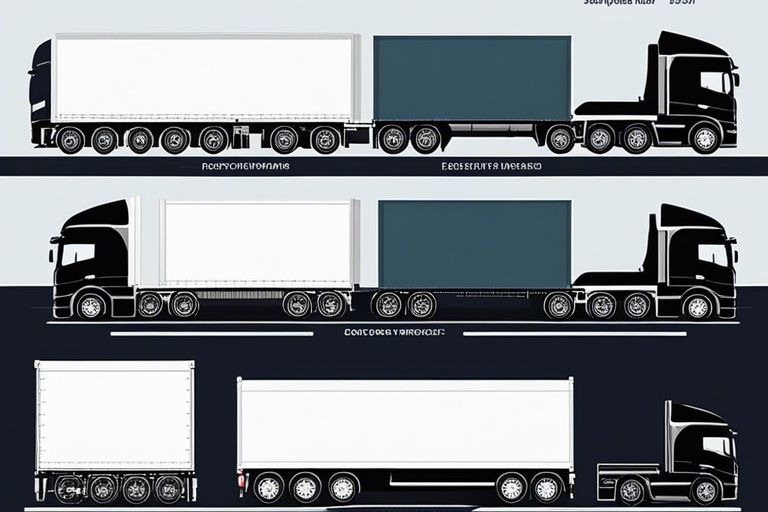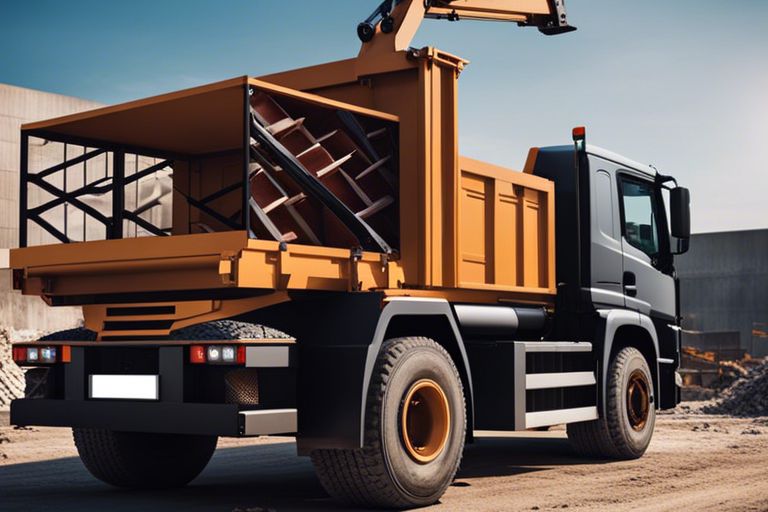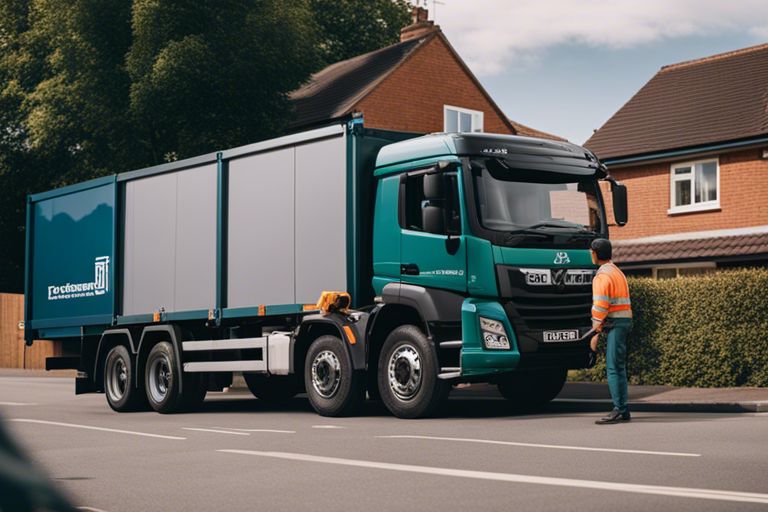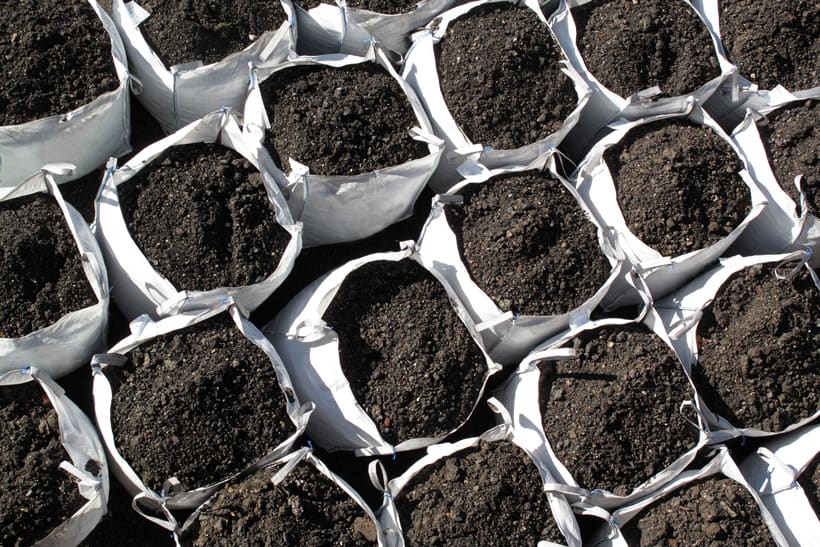Palimpsest, the construction industry generates a significant amount of waste, posing environmental and economic challenges. However, innovative recycling solutions are emerging to address this pressing issue. From reusing materials to implementing advanced sorting technologies, there are several positive steps being taken to reduce the impact of construction waste on the environment. In this blog post, we will explore some of these innovative recycling solutions and their potential to revolutionise the way we manage construction waste. Additionally, we will highlight the most important and dangerous aspects of construction waste recycling, shedding light on the importance of embracing sustainable practices in the construction industry.
Key Takeaways:
- Innovative technologies: Utilising advanced machinery and processes to efficiently sort and recycle construction waste.
- Sustainable practices: Implementing eco-friendly methods to reduce landfill waste and minimise environmental impact.
- Cost-effective solutions: Developing innovative recycling solutions that not only benefit the environment but also save on disposal costs for construction companies.
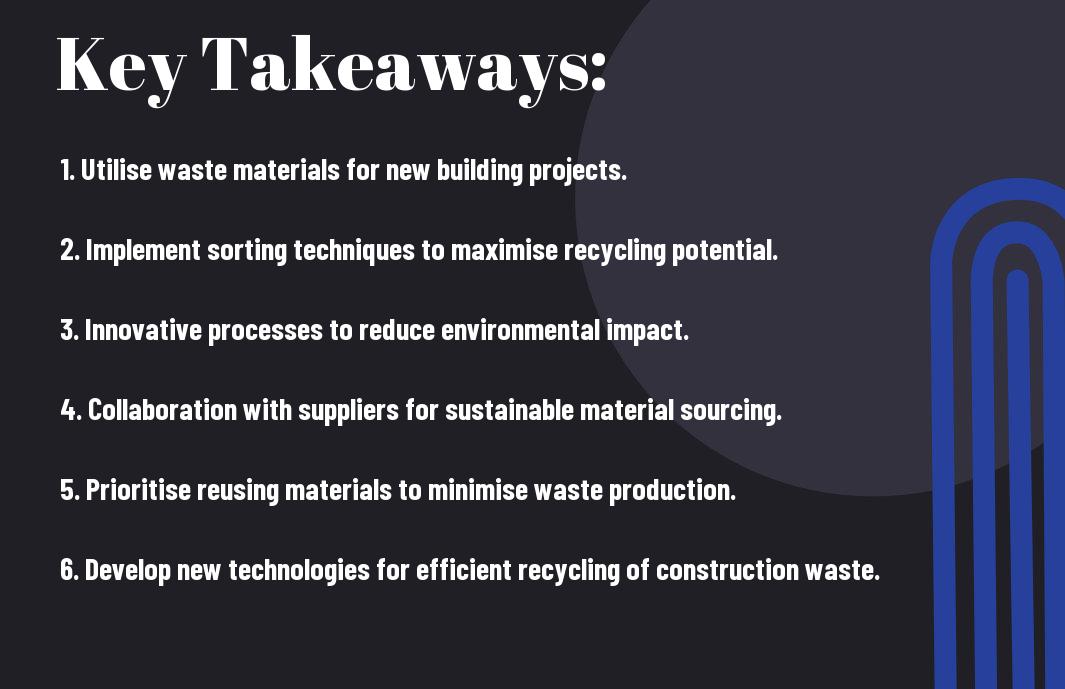
Understanding Construction Waste
When it comes to construction waste, it is crucial to understand the various aspects of this issue in order to find innovative recycling solutions. For more information on innovative recycling techniques for construction and waste, refer to this research paper.
Types of Construction Waste
Construction waste encompasses a wide range of materials, including concrete, bricks, wood, metal, plastics, and insulation. This waste is generated from various construction activities such as demolition, renovation, and new construction projects. Timely identification and segregation of different types of construction waste is essential for effective recycling processes. This is where innovative techniques for recycling construction waste play a crucial role. By employing advanced technologies and methods, we can effectively manage and recycle construction waste, reducing the burden on landfills and conserving valuable resources. This approach also contributes to sustainability in the construction industry. Importantly, awareness and education are key for effective waste management strategies in the construction sector.
| Concrete | Bricks |
| Wood | Metal |
| Plastics | Insulation |
Environmental Impact of Construction Waste
Construction waste has a significant environmental impact due to its contribution to landfill emissions, depletion of natural resources, and air and water pollution. The improper disposal of construction waste can lead to soil contamination and harm to ecosystems. Minimising the environmental impact of construction waste is imperative for the sustainable development of the construction industry.
The environmental impact of construction waste can be mitigated through innovative recycling solutions, waste reduction strategies, and responsible waste management practices. By incorporating these measures, we can protect the environment and promote a greener construction industry for the future.
Current Practices in Construction Waste Management
When it comes to managing construction waste, there are several practices that are currently being employed in the industry. To get a better understanding of the top solutions, you can Discover 5 Top Construction Waste Management Solutions available.
Traditional Disposal Methods
Many construction companies still rely on traditional disposal methods such as landfilling and incineration. While these methods may seem convenient, they come with a number of drawbacks. Landfilling leads to high levels of pollution and contributes to the depletion of valuable land resources, while incineration releases harmful emissions into the atmosphere.
It is critical to address the hazardous nature of construction waste and find alternative methods to deal with it rather than resorting to these environmentally damaging practices.
Limitations of Current Practices
Despite efforts to improve waste management, the construction industry still faces limitations in its current practices. There is a lack of effective recycling infrastructure, which results in a significant amount of construction waste being mismanaged and underutilised.
Additionally, there is a lack of awareness and regulation surrounding the proper disposal of construction waste. This has led to instances of illegal dumping and improper handling of hazardous materials, posing serious risks to the environment and public health.
Addressing the limitations of current practices is essential to minimising environmental impact and promoting sustainable construction waste management.
Innovative Recycling Solutions
As the construction industry continues to grow, so does the amount of waste it generates. In response to this challenge, innovative recycling solutions have emerged to tackle construction waste in a sustainable and efficient manner. These solutions not only reduce the environmental impact of construction activities but also offer opportunities for cost savings and resource conservation.
Material Recovery Techniques
Material recovery techniques play a crucial role in recycling construction waste. Advanced sorting and separation technologies enable the extraction of valuable materials such as concrete, wood, and metals from mixed construction debris. These recovered materials can then be processed and reused in new construction projects, reducing the need for virgin resources and minimising landfill waste. Additionally, on-site material recovery processes can help construction companies to meet waste diversion targets and comply with environmental regulations.
Advanced Technologies in Recycling
Advanced technologies in recycling have revolutionised the way construction waste is managed. Innovations such as mobile recycling plants and automated sorting systems have enhanced the efficiency and effectiveness of construction waste recycling. These technologies not only streamline the recycling process but also improve the quality and purity of recycled materials, making them suitable for a wider range of applications. Furthermore, advanced recycling technologies contribute to the circular economy by closing the loop on resource use and promoting a sustainable approach to construction waste management.
Moreover, the integration of IoT devices and AI-powered analytics in recycling machinery is enabling real-time monitoring and optimisation of recycling operations, leading to increased productivity and reduced downtime.
- Mobile recycling plants – Flexibility in waste processing
- Automated sorting systems – Precision in material separation
- IoT devices and AI-powered analytics – Real-time monitoring and optimisation
| Technology | Advantages |
| Mobile recycling plants | Flexibility in waste processing |
| Automated sorting systems | Precision in material separation |
| IoT devices and AI-powered analytics | Real-time monitoring and optimisation |
Case Studies of Successful Implementation
In this chapter, we will take a closer look at some successful case studies of construction waste recycling, showcasing innovative solutions and their impact on the environment and the construction industry.
- Case Study 1: A construction company in London implemented a waste management system that resulted in a 30% reduction in construction waste sent to landfills, saving over 100 tonnes of waste annually.
- Case Study 2: A project in Manchester utilized advanced recycling techniques, achieving a 50% recycling rate for construction waste, surpassing the industry average.
- Case Study 3: A sustainable construction development in Birmingham incorporated recycled materials, reducing carbon emissions by 20% and attracting environmentally-conscious investors.
National Approaches to Construction Waste Recycling
Nations around the world are implementing various policies and regulations to promote construction waste recycling. For example, the UK government has set targets to increase the recycling rate of construction waste, aiming to reduce environmental impact and promote sustainable development within the construction sector.
Private Sector Innovations
The private sector plays a crucial role in driving innovation in construction waste recycling. Companies are investing in advanced technologies and processes to minimise waste generation and maximise recycling rates, contributing to the overall sustainability of the industry.
Private sector innovations such as on-site waste sorting, material reuse, and collaboration with recycling facilities are transforming the way construction waste is managed, leading to significant reductions in environmental impact and cost savings for businesses.
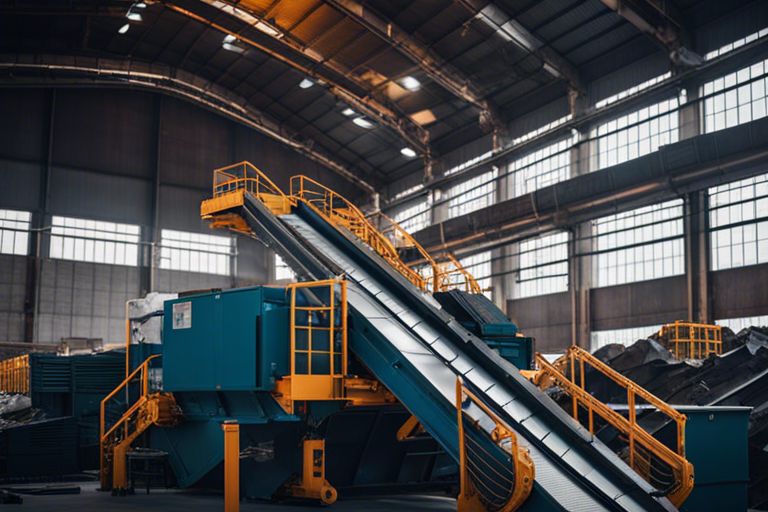
Challenges and Opportunities
Dealing with construction waste presents challenges due to the large volumes generated and the diversity of materials involved. However, it also provides opportunities for innovative recycling solutions that can have a positive impact on the environment and the construction industry as a whole. For more information on this topic, you can read the article Dealing with Construction Waste: Innovative Solutions for a…
Regulatory Frameworks and Incentives
Effective regulatory frameworks and incentives are essential for promoting sustainable construction waste management practices. Governments and local authorities play a key role in setting standards and providing support to encourage the adoption of innovative recycling solutions within the construction industry.
Integration Within the Circular Economy
The concept of integration within the circular economy is gaining momentum as a way to address construction waste challenges. By rethinking the lifecycle of materials and promoting their continual use and recycling, the construction industry can contribute to a more sustainable and resource-efficient economy.
Efforts to integrate construction waste management within the circular economy are focused on minimising waste generation, maximising resource efficiency, and promoting closed-loop recycling processes.
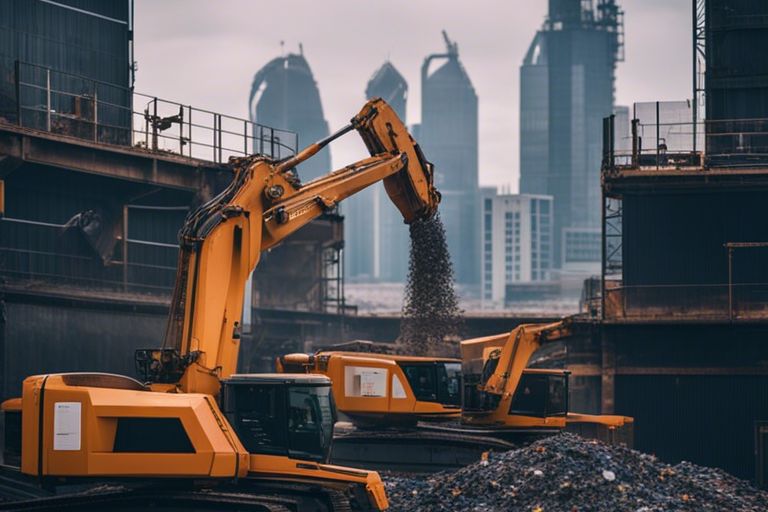
Innovative Recycling Solutions for Construction Waste
In conclusion, it is evident that innovative recycling solutions for construction waste are crucial in minimising the environmental impact of the construction industry. Through the use of advanced technology and sustainable practices, such as on-site recycling, waste management can be significantly improved. Furthermore, the adoption of innovative materials and processes can not only reduce the amount of waste produced but also contribute to the creation of a more sustainable and environmentally friendly construction sector. As the demand for sustainable building practices continues to grow, it is imperative for the industry to embrace and implement these innovative recycling solutions to ensure a greener and more efficient future. Collaboration between stakeholders, government support, and industry-wide initiatives will be vital in driving the adoption of these solutions and promoting a circular economy within the construction sector.
FAQ
Q: What are innovative recycling solutions for construction waste?
A: Innovative recycling solutions for construction waste are advanced methods and technologies designed to recycle and reuse materials such as concrete, wood, and metal from construction sites, reducing the environmental impact and promoting sustainability.
Q: How do innovative recycling solutions benefit the construction industry?
A: Innovative recycling solutions benefit the construction industry by providing cost-effective and environmentally friendly alternatives to traditional waste disposal methods, reducing the need for raw materials and contributing to a circular economy.
Q: What are some examples of innovative recycling solutions for construction waste?
A: Examples of innovative recycling solutions for construction waste include on-site crushing and recycling of concrete, repurposing wood and metal materials, and using advanced sorting and separation technologies to extract valuable resources from waste.
Q: What are the environmental advantages of using innovative recycling solutions for construction waste?
A: Using innovative recycling solutions for construction waste helps to reduce carbon emissions, conserve natural resources, and minimise the impact of landfill waste on the environment, contributing to a more sustainable and eco-friendly construction industry.
Q: How can construction companies implement innovative recycling solutions for their projects?
A: Construction companies can implement innovative recycling solutions by integrating recycling plans into project designs, partnering with specialised recycling facilities, and educating staff on the importance of sustainable waste management practices.

